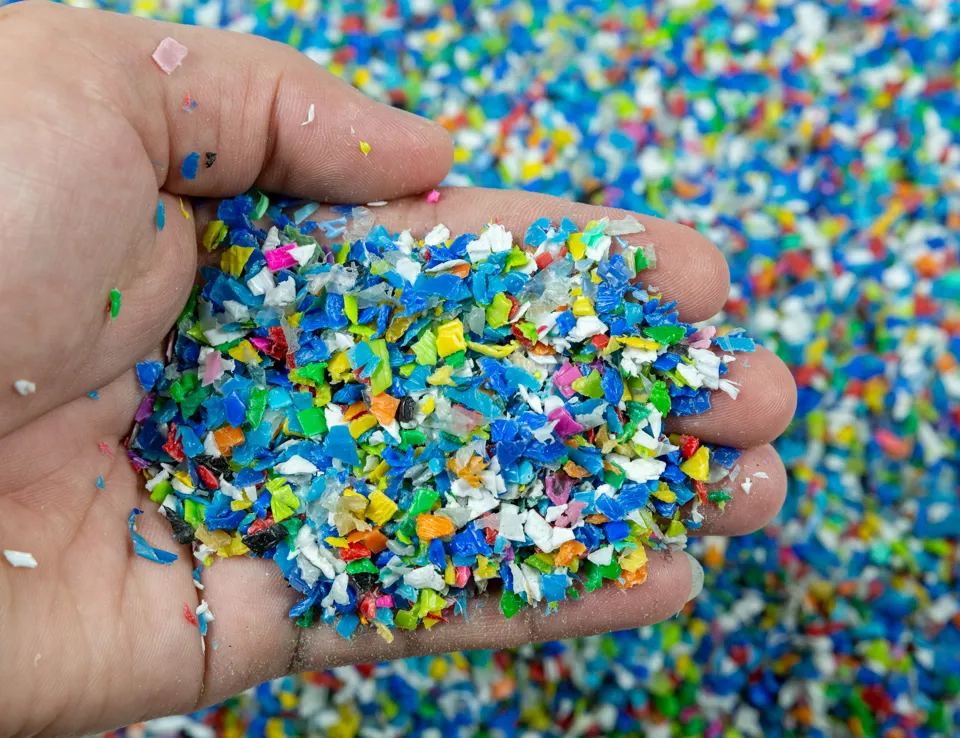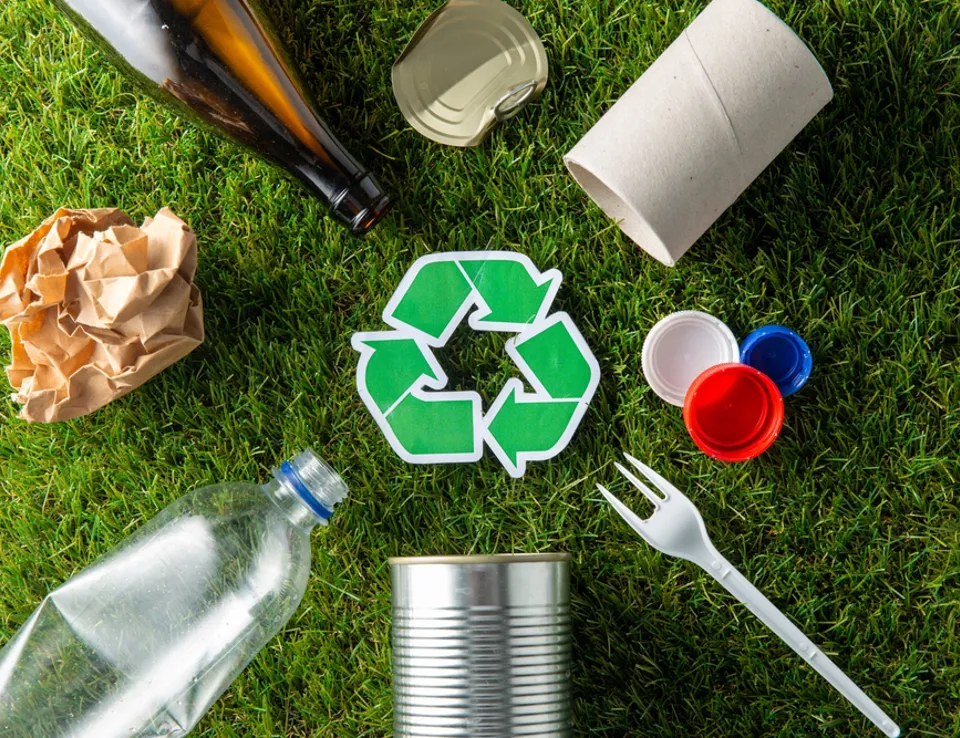Chemical recycling: a key player in a decarbonised and circular future?
The global plastic waste crisis demands innovative solutions. While traditional mechanical recycling plays a vital role for the circular economy, it faces limitations, particularly with mixed and/or contaminated plastics. Chemical recycling, a set of technologies that break down plastic polymers into their constituent monomers or other valuable feedstocks, has emerged as a potential game-changer. But is it truly a sustainable solution? Understanding its history and potential role in a decarbonised, net-zero, and circular economy requires a thorough examination, including the crucial use of Life Cycle Assessment (LCA).
Chemical recycling isn't a new concept, however, its application to plastic waste is a more recent development with initial efforts focusing on recovering valuable chemicals from specific plastic types. Today, the field encompasses a range of technologies, including:
Long Loop technologies or Thermal Treatment, such as:
- Pyrolysis: heating plastic waste in the absence of oxygen to produce oils and gases that can be further refined into fuels or plastics.
- Gasification: converting plastic waste into a synthetic gas, a mixture of carbon monoxide and hydrogen, which can be used to produce fuels, chemicals, or hydrogen.
Short-loop technologies, such as:
- Depolymerisation: breaking down polymers into their original monomers, which can then be used to create virgin-quality plastics.
- Dissolution: dissolution technologies for plastic waste involve breaking down plastics into their chemical components using solvents, enabling the recovery and reuse of valuable materials
Increasing recycling by diverting materials from waste
These technologies offer the potential to recycle plastics that are currently difficult or impossible to recycle through traditional mechanical processes, such as mixed plastic waste, contaminated food packaging, and certain multi-layered materials. The ability to handle a wider range of plastic waste is a significant advantage in the pursuit of a circular economy, where resources are kept in use for as long as possible.
While chemical recycling offers the potential to divert plastic waste from incineration, which are significant sources of greenhouse gas emissions, the processes themselves can present other environmental challenges. This is where Life Cycle Assessment (LCA) becomes crucial.
LCA is a methodology used to evaluate the environmental impacts of a product or process throughout its entire life cycle, from raw material extraction to end-of-life management. In the context of chemical recycling, LCA considers factors such as energy consumption, greenhouse gas emissions, resource recovery, and potential impacts on air, water, and soil quality.
Improving resource efficiencies
Key insights from LCA studies on chemical recycling reveal a nuanced picture. With chemical recycling processes often requiring significant energy input, particularly for heating and processing the energy consumed through the process could be an issue. However, the major benefit of chemical recycling is its ability to recover valuable resources from plastic waste, effectively closing the loop and reducing the reliance on virgin resources, contributing significantly to the principles of a circular economy.
Chemical recycling can also reduce landfill and incineration-related emissions, but the greenhouse gas emissions generated during the chemical recycling processes themselves must be carefully assessed. The type of technology used, the energy source, and the specific plastic being processed all influence the overall carbon footprint.
LCA allows for a direct comparison of chemical recycling with other waste management options, such as mechanical recycling, incineration, and landfilling. This comparative analysis is essential for making informed decisions about the most environmentally sound waste management strategies.
Comparing environmental impacts of recycling processes
However, the use of LCA in evaluating chemical recycling technologies is not without its challenges. The data used in LCA studies can vary significantly depending on the specific technology, the type of plastic being processed, and the geographical context, making it difficult to compare studies and draw definitive conclusions. It is therefore crucial to ensure transparency and standardisation in LCA methodologies so that results are robust and reliable.
Chemical recycling has the potential to play a significant role in the decarbonised, net-zero, and circular economy of the future. By enabling the recycling of previously unrecyclable plastics, it can reduce reliance on fossil fuels, divert waste from landfills and incinerators, and contribute to resource conservation – but it is crucial that these technologies are developed and implemented in a sustainable manner. LCA will continue to be an essential tool in ensuring that chemical recycling truly delivers on its promise of a more sustainable future. By addressing the current challenges in LCA methodologies, we can ensure that these assessments provide a robust and reliable basis for decision-making.
Continuous innovation in chemical recycling technologies, coupled with rigorous LCA, will be key to unlocking the full potential of this promising approach to plastic waste management.
Learn more
Ricardo experts recently contributed to the development of guidelines on how to accurately conduct environmental assessments of chemical recycling technologies, identified challenges and common pitfalls.
Read it here >
Speak to an expert
If you're interested in learning how your organisation can utilise chemical recycling to maximise resource efficiency and recycling rates, speak to one of our expert team today.
Contact us >












